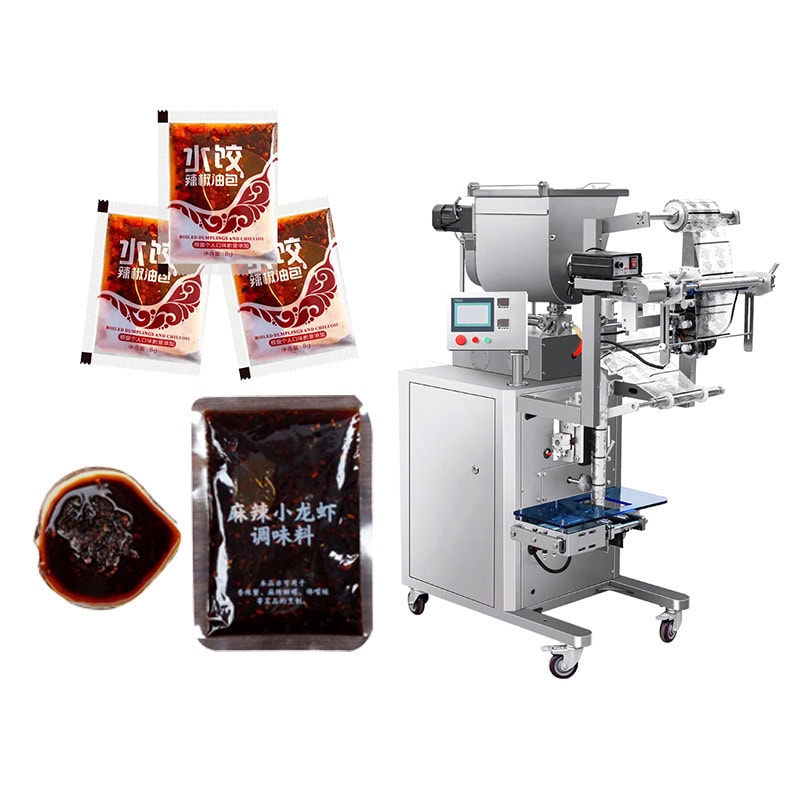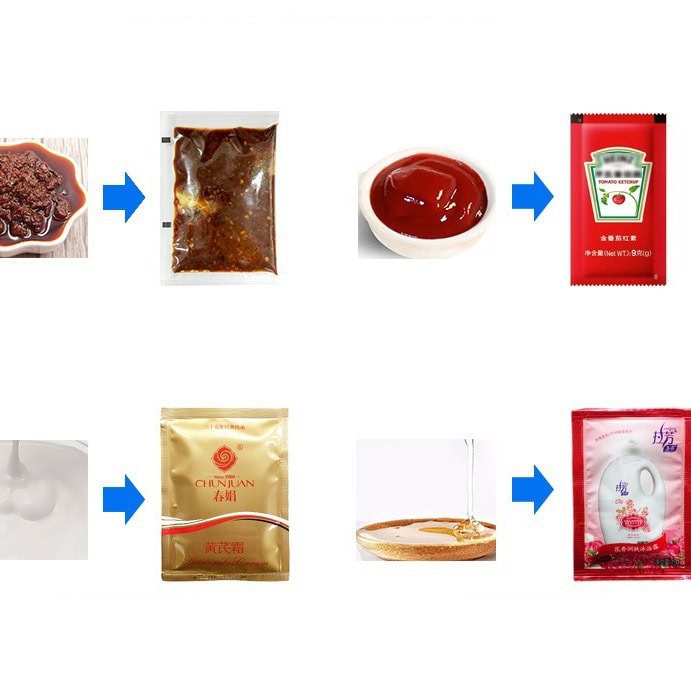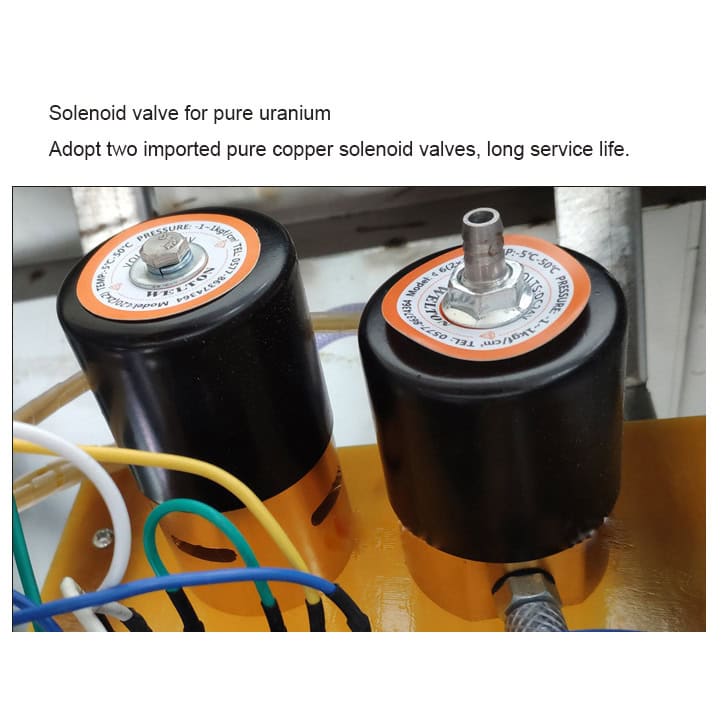Pick the wrong packaging machine for food products and end up with delays in production, increased costs and screw up your product quality! What’s your recourse?
To get the best packaging machine for food products, evaluate your product type, production speed, and compliance with food safety standards. Choose a machine that offers flexibility for future growth and ensure it integrates well with your existing system. Prioritize manufacturers with strong after-sales support and necessary certifications.
Let’s look at the key factors that will help you make the right decision for your packaging machine to package your food.

Understanding Your Product and Packaging Requirements
Before selecting a packaging machine, you must fully understand the type of food product you are packaging. Are you dealing with liquids, solids, powders, or granules? Different products require specific types of packaging solutions. For example, a vacuum packaging machine works well for preserving dry goods like grains or coffee beans but may not be suitable for liquids such as sauces.
Moreover, the packaging material plays a crucial role. Certain products, especially perishable food items, need packaging materials with oxygen barriers to extend shelf life. Ensure that your machine is compatible with the materials your food product demands, such as plastic films, pouches, or cartons.

Determine Your Production Speed and Volume
The speed and capacity of a packaging machine should align with your production needs. For high-demand products, opting for a high-speed machine can increase output and reduce labor costs. Machines such as a Bottle Labeling Machine can package hundreds of bottles per hour, making them ideal for large-scale production.
However, if you’re running a small or medium-sized business, a slower, more economical machine may suffice. It is crucial to estimate your production requirements accurately, as underestimating or overestimating your needs can lead to inefficiency. If you expect future growth, consider machines that can scale up or be upgraded to handle higher volumes later on.
Flexibility and Adaptability
Packaging demands can change over time. A machine with flexibility allows you to adapt to new products, packaging sizes, or materials without replacing the equipment. For instance, a Customizable Labeling Machine can accommodate different label sizes, making it easier to adapt as your product line evolves.
Machines that offer modular components, such as adjustable feed mechanisms or interchangeable molds, are an excellent investment. This flexibility enables your packaging line to grow with your business, ensuring that you won’t need to purchase entirely new machinery to meet new demands.

Hygiene and Compliance with Food Safety Standards
When dealing with food products, hygiene is non-negotiable. Ensure that the machine you purchase meets the required food safety standards, such as FDA or CE certifications. This is particularly important for machines like Liquid Filling Machines, which handle consumable products.
Materials like stainless steel are commonly used in food packaging machines due to their resistance to corrosion and ease of cleaning. These machines should be designed for easy access to all parts that need cleaning, ensuring compliance with health regulations and preventing contamination. The machine should also adhere to Good Manufacturing Practices (GMP) for safe food handling.
Compatibility with Your Existing System
It is important to consider how a new packaging machine fits into your current production setup. You may need to integrate it with existing labeling, capping, or filling machines. For example, if you already use a Filling Machine, the packaging machine must seamlessly connect with your filling equipment to avoid bottlenecks in production.
Space is another critical factor. Some machines require more space, while others are designed to fit into compact production lines. Always assess the layout of your facility to ensure that the packaging machine fits and complements your current workflow.
After-sales Service and Technical Support
Investing in a packaging machine is a long-term commitment, and after-sales support is crucial for maintaining its performance. Choose manufacturers that offer comprehensive after-sales service, including maintenance, technical support, and readily available spare parts.
A strong support system will minimize downtime and ensure that your machine continues to operate smoothly over the years. Look for companies that offer training for your staff, as well, to ensure optimal operation of your new equipment.
Certifications and Regulatory Compliance
Compliance with food safety and packaging regulations is essential. Ensure that the machine you choose has the necessary certifications, such as ISO, CE, or FDA, depending on your region. These certifications guarantee that the machine has passed safety and quality checks.
For businesses looking to export their food products, having internationally recognized certifications will make the process easier. This is especially important for packaging machines used in highly regulated industries, like pharmaceuticals or baby food, where safety standards are even more stringent.
Energy Consumption and Sustainability
Sustainability is becoming an increasingly important consideration for food packaging. Energy-efficient machines not only reduce operational costs but also contribute to a more eco-friendly production process. Machines that reduce waste, such as those with precise cutting and sealing mechanisms, are a valuable asset in reducing your environmental footprint.
Additionally, some machines are compatible with sustainable packaging materials, such as biodegradable films, which are gaining popularity in the industry. These sustainable options can appeal to environmentally conscious consumers and reduce your overall packaging waste.
Budget and Long-term Costs
While upfront costs are a significant factor, it is equally important to consider long-term expenses like maintenance, repairs, and energy consumption. A machine with a lower upfront cost might seem attractive, but if it requires frequent repairs or consumes excessive energy, the total cost of ownership can outweigh the initial savings.
Consider machines that offer a balance between cost, efficiency, and durability. It is often worth paying more for a machine that will last longer, require less maintenance, and operate more efficiently in the long run.
Conclusions
Choosing the best packaging machine for food products requires understanding your specific product needs, production capacity, and compliance with food safety standards. Ensure that your machine offers flexibility, support, and sustainability to maximize the return on your investment.
For more information on Labeling Machines and how they can complement your packaging setup, click here to explore our product range.









